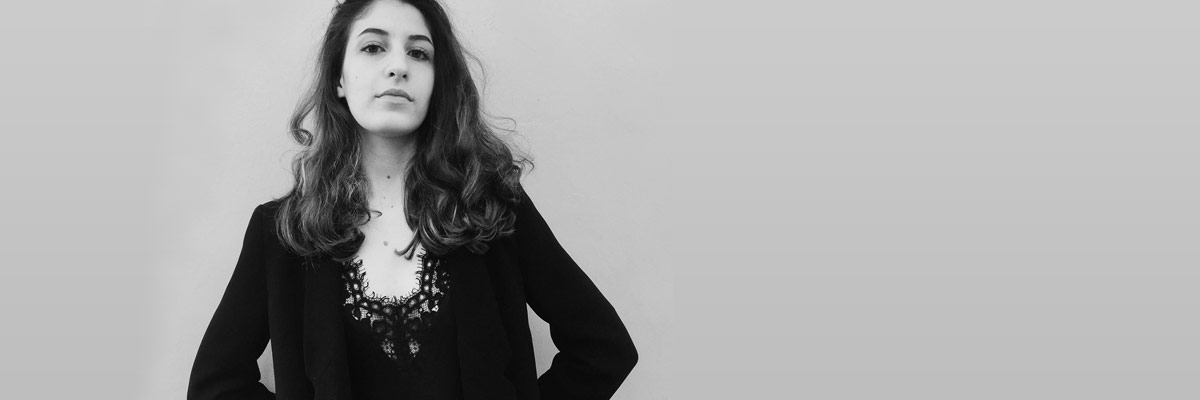Case Study: Chopin Etude Op. 25 No. 9
This post is about mental practice, which is something I feel very strongly about. By mental practice, I mean anything from imagining your fingers playing the notes on the keyboard to singing the phrases in your head. First of all, I’d like to ask if you already do mental practice (that is, away from the keyboard), and if you do, what is the ratio of physical to mental practice? I think it’s safe to say we all do more physical than mental practice. What if I said Glenn Gould claimed he never practiced at the piano? However he did a lot of mental practice. Or, Claudio Arrau in his later years did 2-3 hours daily, taking one month off completely each year.
Joseph Lhevinne states that “Four hours a day of practice is good measure. Over-practicing is just as bad as under-practising”. Another example is Walter Gieseking, who took two months away from the piano each year, and did a lot of mental practice. He said “I really need very little practice, as I do not forget what I have learned; my fingers don’t forget either”. All these pianists and teachers agree that the same amount of work can be done in 3 hours as in 8, provided that physical practice is supplemented by mental practice.
Relating mental practice directly to us as piano students/players can highlight how beneficial this tool can be. It can be done at any time of the day, and anywhere, so a shortage of practice rooms is not a problem. I find myself practicing in my head when I am walking to or from music college, on public transport, or waiting in a queue.
I frequently test myself by:
- running through a piece in terms of sound
- going over notes hands separately until I am sure of them
- imagining my hands playing the piece
Whenever I hit a blank spot I either check it immediately or if I can’t check then I make a note of where the blank spot was and what exactly I couldn’t remember, then I check later. Obviously this method relies on memory, so it is an excellent way of memorising pieces from the very beginning.
Ideally, mental practice would be done even before ‘starting’ the piece. Joseph Lhevinne, in his book ‘Basic Principles In Pianoforte Playing’ says “So many students waste hours of time trying to remember black notes. Absurd! They mean nothing. Get the thought, the composer’s idea…” Once we have an idea of what we want our interpretation to sound like, and where each note/articulation/dynamic marking fits in, the piece is already clear in our minds before beginning to learn notes. The speed at which the piece is learnt is increased, therefore helping to reduce the physical learning process.
This can also be beneficial to people who suffer from injuries or who are prone to tiredness or pain after or during playing. Since physical strain is reduced, any injuries are given time to heal, and there is no risk of greater damage.
In terms of practice, I have noticed that many times, problems that we encounter in pieces are often not technical and can therefore be solved in the mind, without learning mistakes and causing tension in the body. For example, I am unsure of bass line in my mind and keep playing the wrong notes; if I tried to solve the issue by playing the bass line repeatedly ten times, I would be partially relying on muscle memory and physical motion, rather than being able to know what the notes were exactly with confidence and out of context.
This kind of intense concentration is necessary and means that there is no chance of getting stuck in the ‘repetition rut’ of mindless practice that students are often accused of. As a result, mental practice generally demands less time than physical practice as our time is more valuably spent.
Why is mental practice so difficult to utilise, then? Karl Leimer and Walter Gieseking address this in their book on practice: ‘Rhythmics, Dynamics, Pedal and Other Problems of Piano Playing’. When talking about acquiring technique merely by playing difficult sections as many times as possible with little/no concentration, they write:
“It is more convenient than the intensive mental way of studying, and therefore preferred. In reality, it requires more time, never leading to perfection.”
Instead, they recommend that:
“It is best to select the necessary mechanical problems from each new work”
If the physically demanding passages are practiced most, then mental practice can help to keep the rest of the piece up to the same standard.
Mental practice was recommended to me by my teacher but only properly implemented after an injury I had last year which stopped me playing for two weeks. More recently, the etude I am going to play today was causing flare-ups of my injury and therefore I discussed experimenting with my teacher. We agreed that I would not play it physically for a week, just think about it. Next week when I went to play it to him, it had improved – I was more relaxed, there was no tension and almost no mistakes.
I’m going to use Chopin’s etude in G flat major, Op. 25 No. 9 as a case study. The main problem I had when I initially started learning this piece was the tension that the continuous motion brought me, especially in the right hand. By not playing it on the piano, I was able to concentrate on the sound I wanted (and on how to make it sound like music) instead of concentrating only on the technical aspect.
In addition to this, my left hand memory was not reliable, and I would frequently play bass notes in the wrong octave or chords in different inversions. Constant little mistakes caused tension in my arms, which led to flare-ups of my previous injury.
When practicing, I started by imagining each note in my mind, as well as the sound it created. Then I moved on to imagining my hand playing the passage. When I could do it perfectly in my mind, I was satisfied and able to move on to the next section.
The same goes for the right hand which has the melody; the chords placed on top especially needed to be secure in my mind to avoid the small mistakes and slips I had been making.
I hope this has persuaded some of you to give mental practice a try, or some tips if you already practice mentally!




